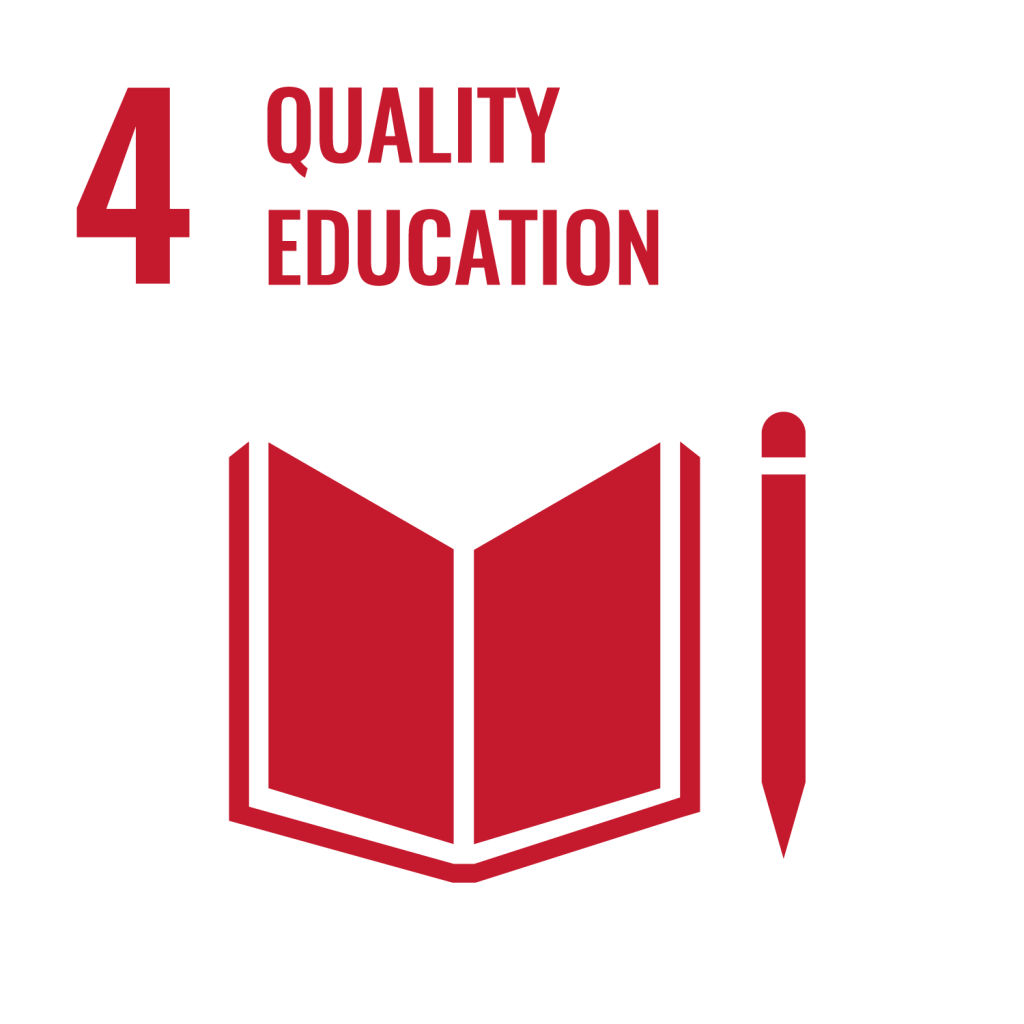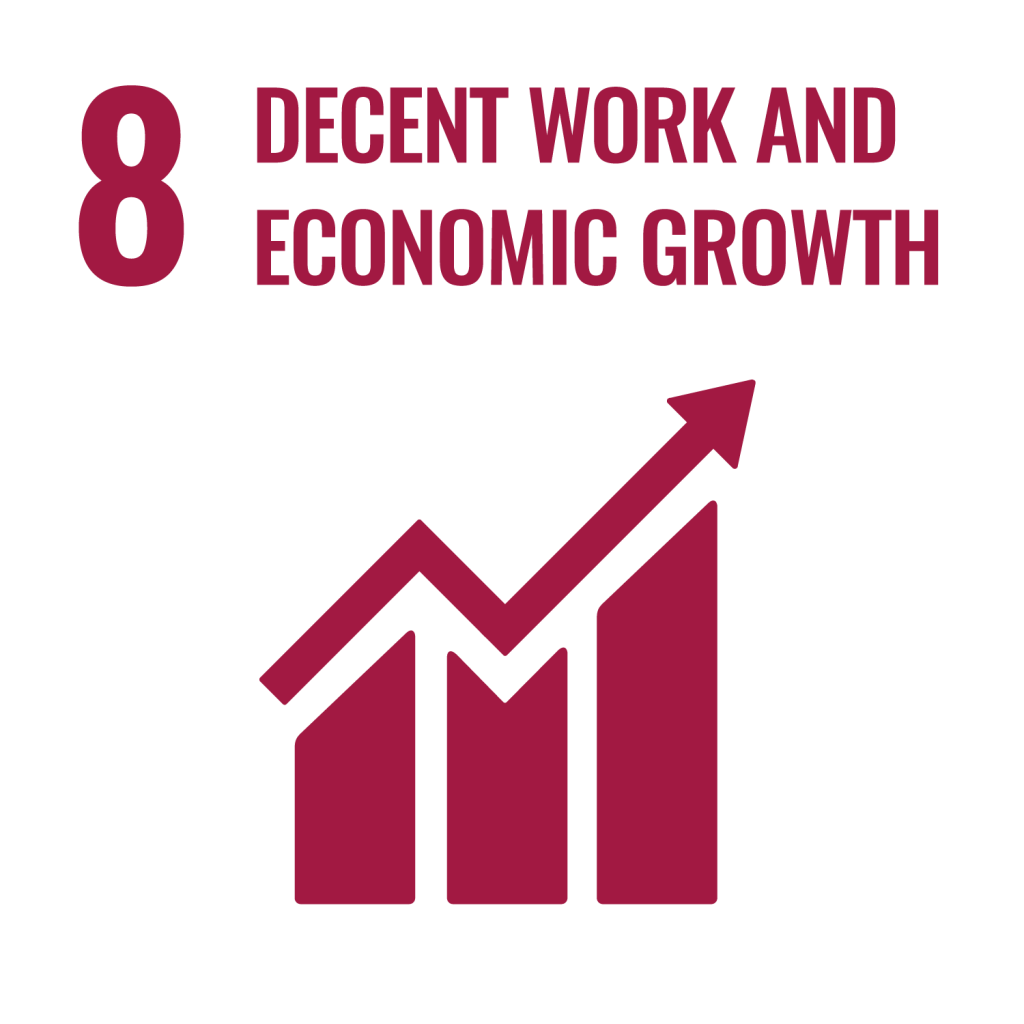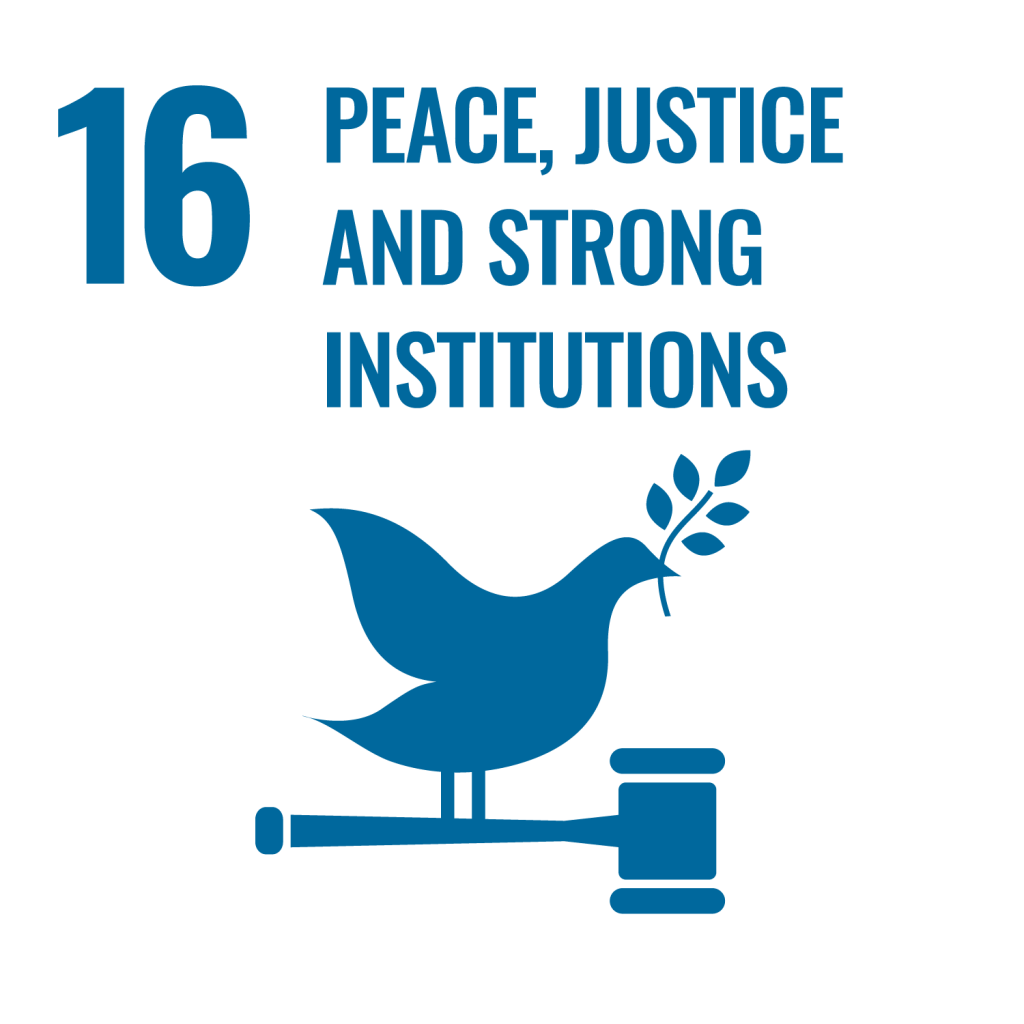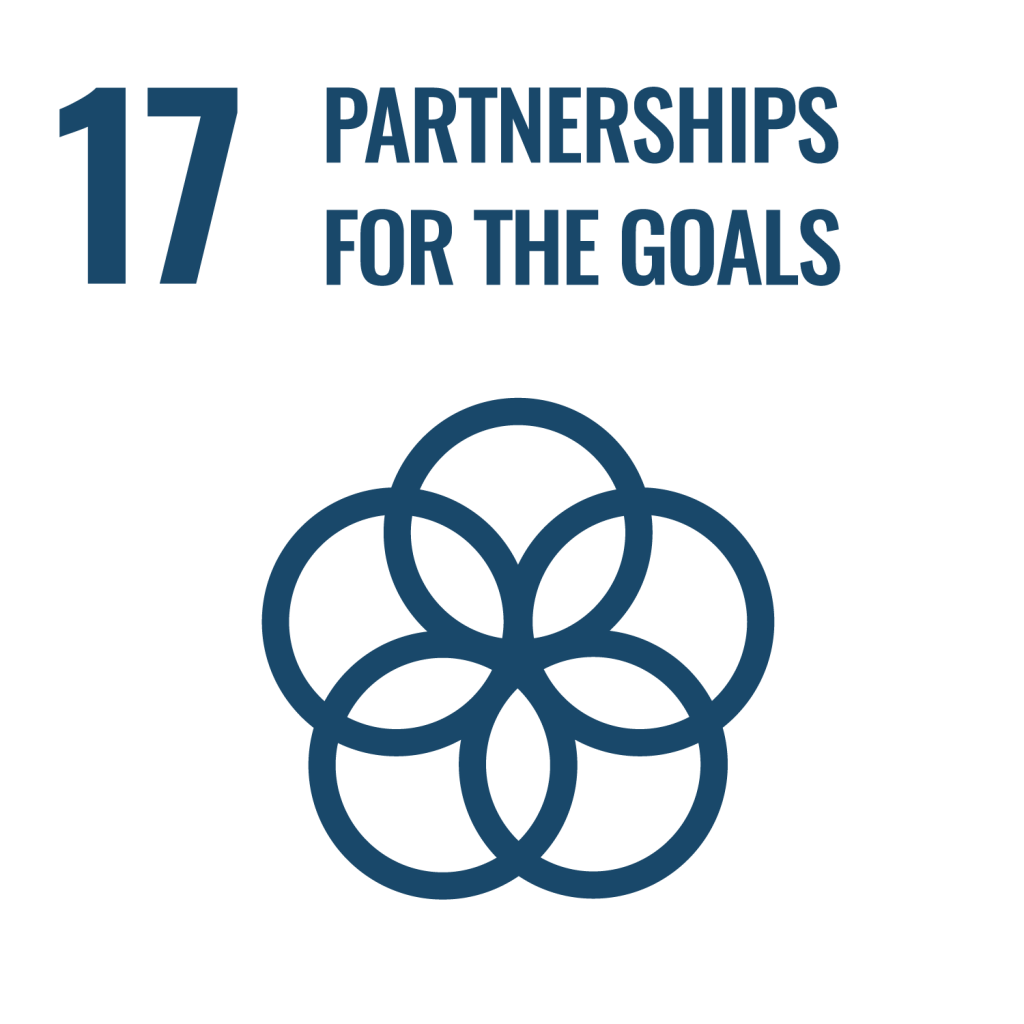By Section 81 of the 1999 Constitution (as amended), “The President shall cause to be prepared and laid before each House of the National Assembly at any time in each financial year estimates of the revenues and expenditure of the Federation for the next following financial year.” The detailed heads of expenditure estimated in the proposal shall be contained in the “Appropriation Bill” which must pass through the standard legislative process of enacting a law like any other bill.
On December 18, 2024, President Bola Ahmed Tinubu presented the 2025 Budget Proposal titled Budget of Restoration: Securing Peace, Rebuilding Prosperity, at the Joint Session of the National Assembly. Shortly after, on December 19, 2024, the proposed budget of N47.96 Trillion passed the first and second legislative readings.
According to the Expenditure Summary of the 2025 Appropriation Bill, a total of N183.6 Billion has been earmarked for the Nigerian Correctional Service in the 2025 financial year. Of this proposed sum, N38.03 Billion is to be allocated to inmates’ feeding while N7.23 Billion would be focused on the rehabilitation and repairs of prison facilities.
Surprisingly, there is no allocation to the rehabilitation, reformation and empowerment of incarcerated individuals, neither are any resources earmarked for their reentry and reintegration. A cursory look at the progression of budgetary allocations to the Nigerian Correctional Service reveals a sustained increase in the allocation to the Nigerian Correctional Service. This has however done little to nothing in improving the custodial facility system in Nigeria.
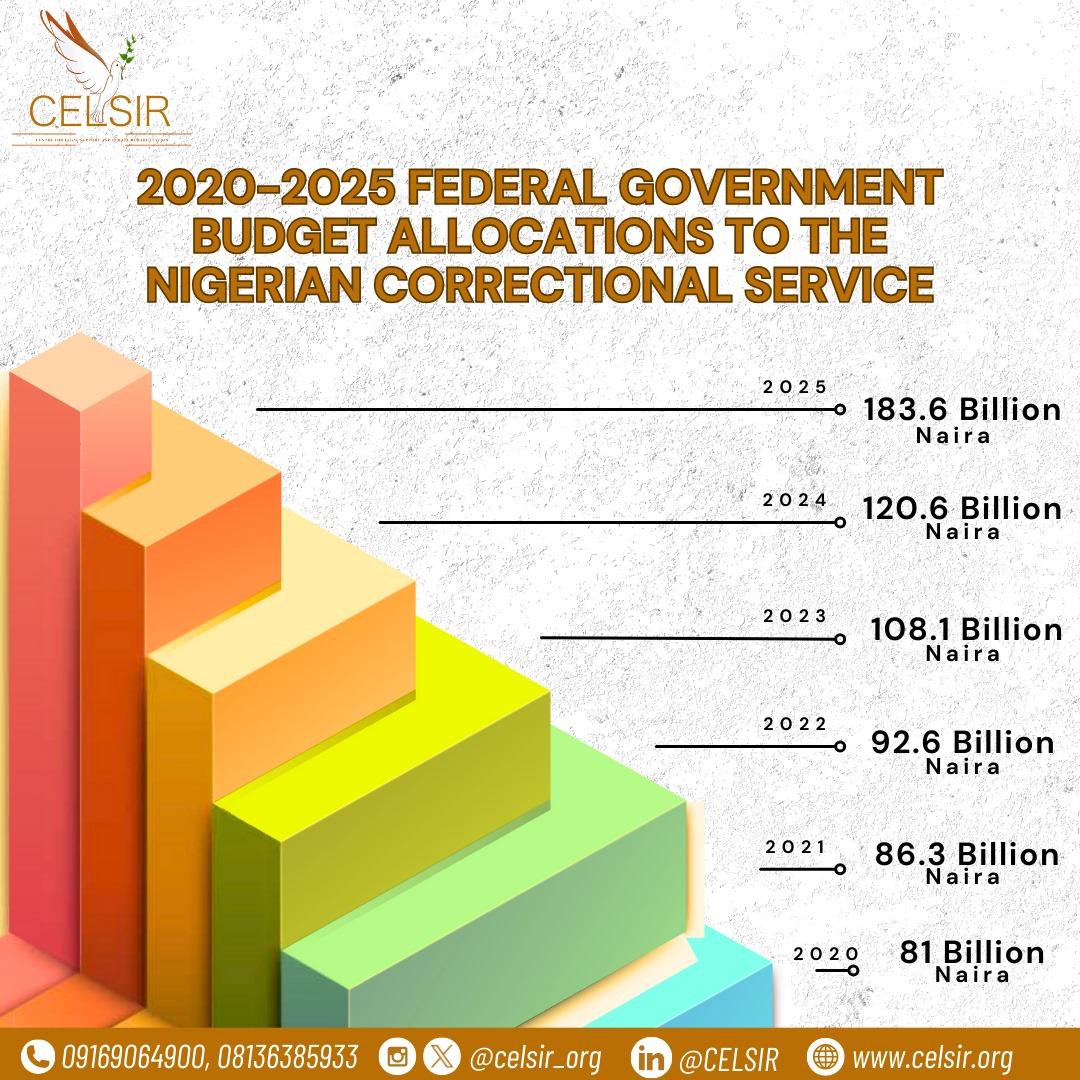
While the annual budgetary allocation to the Corrections department seems promising, the state of corrections in Nigeria faces the risk of continuous deterioration. This is so because meaningful impact will only be assured where funds are transparently applied towards set goals.
The Bill ought to be reviewed to capture the rehabilitation and empowerment of incarcerated persons which is crucial to achieve tangible transformation. As such, the Federal Government should divide the allocated funds into smaller portions specific to clear reformative initiatives, for instance, the Education of incarcerated students; which the Bill failed to provide for.
While the allocated sums might be inadequate for the growing prison population in Nigeria, the lack of accountability and transparency in deploying the funds significantly contributes to the misuse of funds leading to repeated wasted efforts at inmate rehabilitation and prison infrastructual reforms.
The Federal Government and the Nigeria Correctional Service are enjoined to work together to ensure this year 2025 is like no other for the Correctional Service. By committing to transparency and accountability to stakeholders, true rehabilitation and reforms can be achieved.



